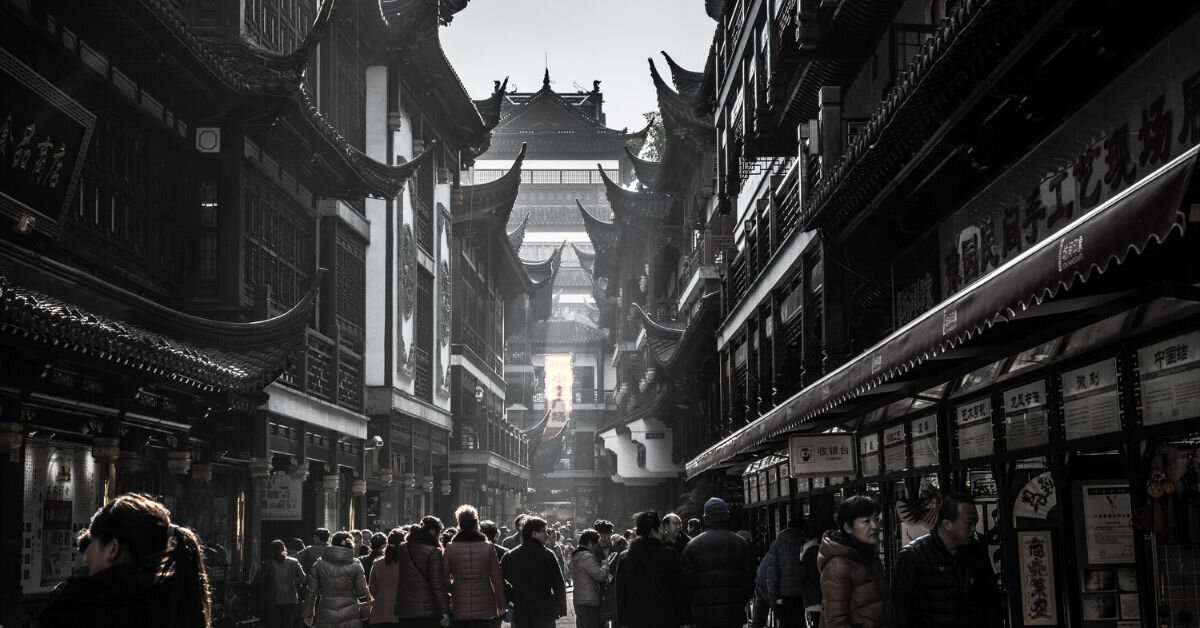
Editor’s Note: This is the second of a two-part series in which a pastor involved with CP explains why he became involved and why he believes the Chinese church matters for the global church today. This pastor serves a large church in New England and assists the work of both Redeemer City to City and The Gospel Coalition.
CP: How does your personal background and experience influence your perspective on the Chinese church?
As an Asian-American of Korean descent, one of my concerns is for the Chinese church not to emerge like the Korean church. God has done amazing work through the Korean church and I am a beneficiary of the great blessing God brought to the Korean church. But the Korean church is in major decline. About five or six years ago, the last census indicated 18% of the Korean population is Christian, which is a pretty big percentage; but people always assume the number is closer to 30% because they see all the big buildings and large churches. And yet here is the statistic that I find most troubling – among twenty-somethings in Seoul, less than 1.7% are churched. I think that is less than Manhattan! We tend to think, ‘Oh man, Manhattan is so secular and pagan, but Seoul is Christian.’ No!
The church can die in a couple of generations. The main reason is pastors who do not know how to communicate to skeptics and are still working with Christian categories. They don’t know how to speak to skeptics besides just yelling at non-Christians and saying, ‘What’s wrong with you? Be more like your parents. Be faithful and give and come to the church.’ Forget it! This generation in Korea does not have the sense of shame that the older generation has. They say, ‘Who are you? I’m not going to listen to you like my parents did.’ This new generation has been secularized so they think very differently. They have less of a communal or corporate understanding of their place in the culture. This generation has become more like Western culture – it has become individualized.
It’s a pretty short history – about one hundred years – of Christianity in Korea, and the Korean church and pastors missed out when they were being trained. Even though the missionaries had good intentions when they came and they emphasized systematic theology and doctrine, they failed to train people in Biblical theology. If you only learn systematic theology apart from Biblical theology, it will lend itself to moralism. And that is exactly what we struggle with in the Korean church. Moralism and legalism. When you mix that together with the Confucian work ethic, it is a lethal combination that works against the gospel. It becomes all about the law.
I believe that if the Chinese church does not get proper training, the same thing could happen there. When I do trainings at different conferences and venues in China, people often want a quick solution to the problems of their churches. ‘Show me how this works and how I can do this.’ They often don’t want to understand the process or want to marinate their thinking in the theological sauce behind the vision. They say, ‘Show me how to do it and how it looks like for my church.’ And I say, ‘We will get there, but if you don’t marinate long enough, if you don’t appreciate the process, if it’s not rooted and anchored in a solid theological vision and foundation, you’re going to end up in legalism.’
Never miss a story
CP: How can the Chinese church avoid the moralism and legalism you describe?
People ask, ‘How can we build our church? How can we grow the numbers? What is trending?’ But the gospel has to drive our vision, not practice. Practice is the result of gospel vision. It can’t happen in reverse. When you think about the East Asian cultures with a strong Confucian work ethic — Japanese, Korean, and Chinese primarily — their thought patterns are ‘Let’s be efficient, let’s get things done and do it in a speedy manner and be diligent and hardworking.’ But if you build a building too quickly without a strong foundation it will collapse. Chinese pastors want to get to things done right away: ‘Show me!’ But if you get to matters of practice too quickly, you will just be a pragmatic pastor, not be a theologically-driven pastor.
We believe the gospel is very practical; don’t mishear me! It is very practical. It affects everything. Grace changes everything. But you must have it as the foundation.
You have to be careful, especially in Asian churches, with the leveraging of power. If the gospel is not in the hearts of leadership, then it is not shaping them and how they leverage their authority. Without the gospel there will be a lot of Confucian hierarchy, such as making sure you maintain filial piety and loyalty. Not that loyalty is not a Biblical principal! But if the Chinese church is not careful, they can have an overly hierarchical, authoritarian view of church leadership. The gospel has to be at the heart of authority to address this issue.
I want the pastors I train to be well-equipped. And in the process, I am not only giving them a tool or curriculum, but God the Holy Spirit is at work to bring it to their hearts. You cannot receive gospel theology and know how to preach Christ-centered sermons unless that gospel starts doing work in your own heart. We need the gospel to weed out our heart idols and all of our moralistic tendencies so that we might rely on grace more than the law’s motivation.

Gospel renewal is central to our work
Read more about why Gospel Renewal is at the core of China Partnership’s work, and join us in praying and supporting the house church in China.































